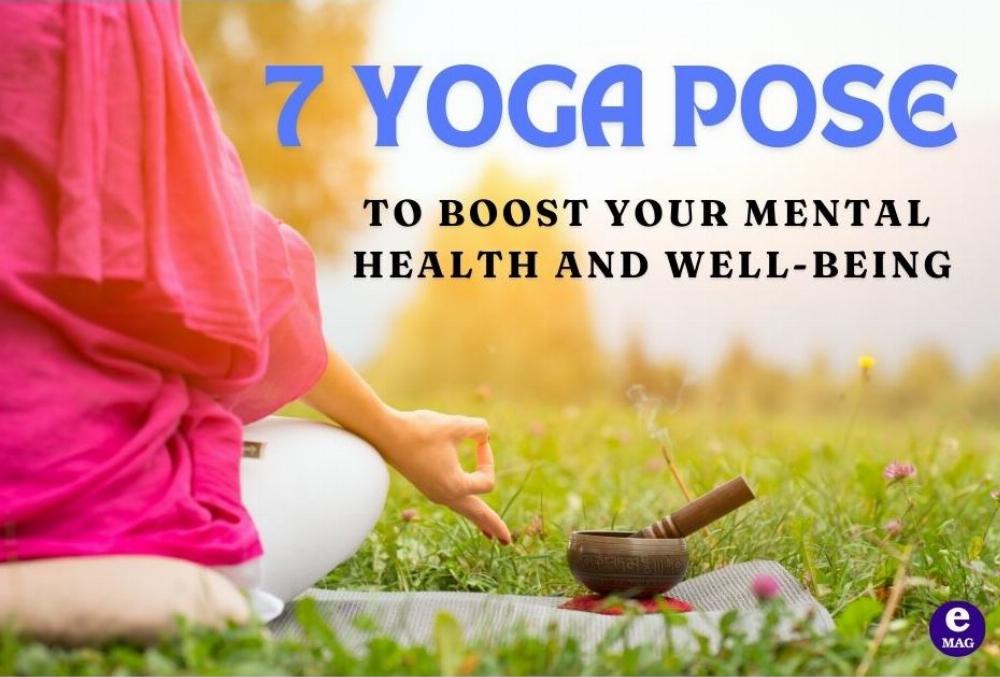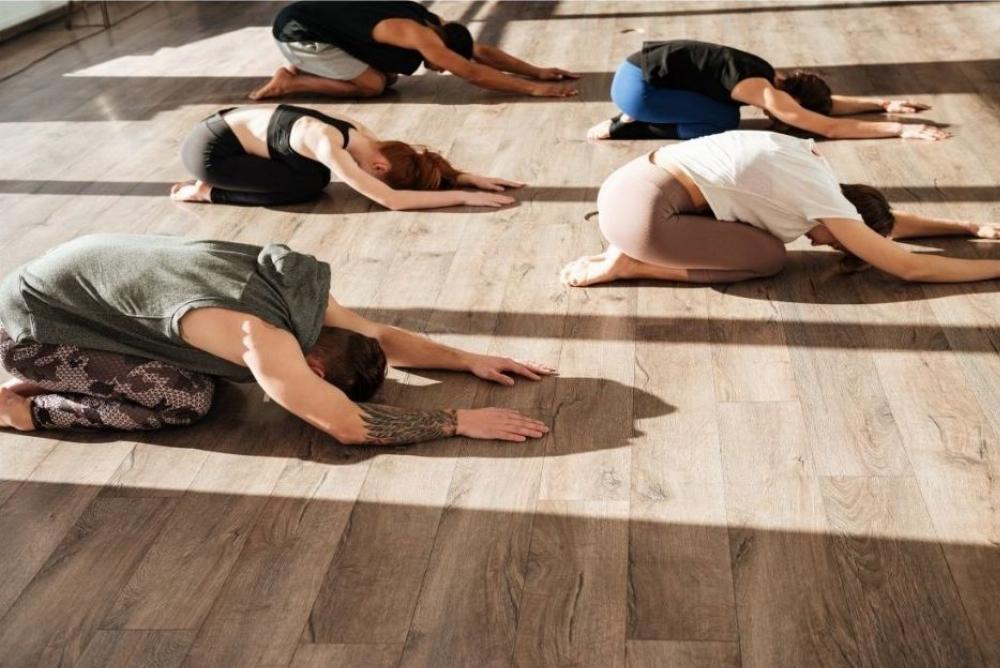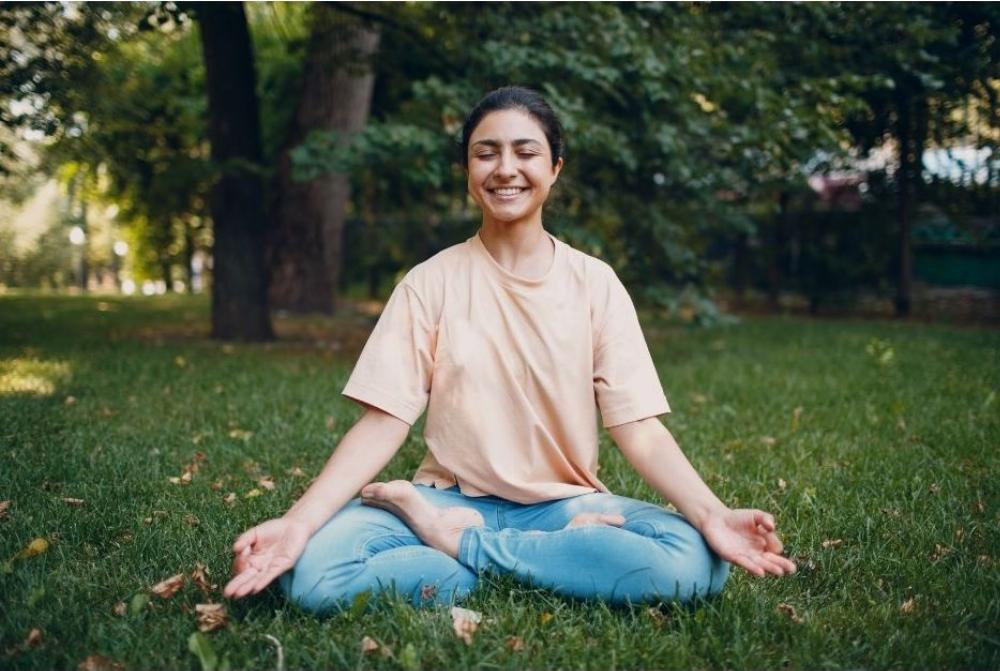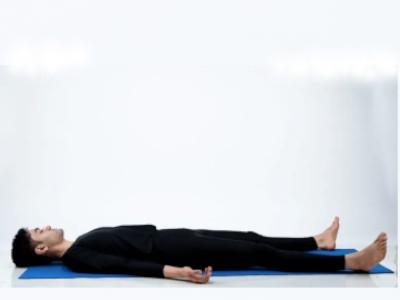
- Published on 09-Sep-2024
- 9 Likes
- 0 Comments
- 949 Times Read
"YOGA FOR MENTAL HEALTH: CULTIVATING INNER PEACE AND RESILIENCE"
THE SCIENCE BEHIND YOGA AND MENTAL HEALTH
Recent studies have shown that yoga positively impacts brain chemistry, reducing stress and anxiety levels. The combination of mindful movement, deep breathing, and meditation helps regulate the nervous system and fosters a sense of calm.

KEY MENTAL HEALTH BENEFITS OF YOGA INCLUDE:
- Reduced Stress and Anxiety: Yoga lowers cortisol levels (the body’s primary stress hormone), helping you stay calm in the face of challenges.
- Improved Mood and Emotional Regulation: Practicing yoga increases serotonin levels, enhancing mood and helping to combat depression.
- Enhanced Focus and Clarity: The emphasis on mindfulness in yoga strengthens your ability to concentrate, clearing mental clutter.
- Better Sleep Quality: Regular yoga practice can improve sleep patterns by promoting relaxation and reducing insomnia.
HOW YOGA PRACTICES BENEFIT THE MIND
Different styles and techniques within yoga target specific mental health concerns:
- Hatha Yoga: Focuses on gentle physical postures and breath work, making it ideal for beginners or those needing stress relief.
- Vinyasa Flow: This dynamic style links movement with breath, helping to channel excess energy and improve mental clarity.
- Yin Yoga: A slower practice where postures are held for longer periods, it promotes deep relaxation and emotional release.
- Restorative Yoga: The use of props and extended poses allows the body and mind to unwind fully, reducing tension and fostering healing.
In a world where mental health challenges are increasingly common, yoga stands out as a powerful tool to nurture both the mind and body. The beauty of yoga lies in its accessibility—whether you're a seasoned practitioner or a beginner, certain poses can help reduce stress, ease anxiety, and uplift your mood. In this blog, we’ll explore seven yoga poses specifically known for their positive impact on mental health.

1. CHILD’S POSE (BALASANA)
Child’s Pose is a deeply restorative posture that promotes a sense of calm and safety. By gently stretching the back, shoulders, and neck, it helps relieve tension and encourages mindfulness.
- Mental Health Benefits: Reduces stress, promotes relaxation, and helps ground you during anxious moments.
- How to Practice: Begin on your hands and knees, then sit back onto your heels with your arms extended forward. Rest your forehead on the mat and breathe deeply.
2. CAT-COW POSE (MARJARYASANA-BITILASANA)
The rhythmic movement between Cat and Cow pose helps improve spinal flexibility while stimulating the nervous system. This flow is excellent for releasing tension in the body and promoting mental clarity.
- Mental Health Benefits: Eases anxiety, improves focus, and reduces fatigue.
- How to Practice: Start on your hands and knees, arch your back into Cat pose as you exhale, and drop your belly down for Cow pose as you inhale. Flow slowly between these two postures.
3. STANDING FORWARD BEND (UTTANASANA)
Forward folds are known for their calming effects. Uttanasana encourages blood flow to the brain, releasing tightness in the hamstrings and helping you feel more grounded.
- Mental Health Benefits: Relieves anxiety, improves circulation, and combats mental fatigue.
- How to Practice: Stand with your feet hip-width apart, then fold forward at the hips, allowing your head to hang toward the floor. Keep a slight bend in your knees if needed.
4. TREE POSE (VRKSASANA)
Tree Pose is a balancing posture that requires concentration and focus. By rooting through one leg and lifting the other, this pose helps strengthen both physical and mental stability.
- Mental Health Benefits: Enhances focus, promotes balance, and fosters a sense of inner strength.
- How to Practice: Stand tall and shift your weight onto one leg. Place the sole of the opposite foot on your inner thigh or calf (avoid the knee), and bring your hands to prayer at your heart or above your head.

5. LEGS UP THE WALL (VIPARITA KARANI)
This gentle inversion allows the body to rest while improving circulation and calming the nervous system. It’s an excellent pose for stress relief and relaxation.
- Mental Health Benefits: Reduces anxiety, promotes relaxation, and alleviates insomnia.
- How to Practice: Sit close to a wall, then lie down and swing your legs up against the wall. Rest your arms by your sides and breathe deeply as you relax into the pose.
6. CORPSE POSE (SAVASANA)
Savasana is often practiced at the end of a yoga session, but its mental health benefits are profound. This pose encourages full-body relaxation and gives the mind a chance to rest.
- Mental Health Benefits: Promotes deep relaxation, reduces stress, and helps clear mental clutter.
- How to Practice: Lie flat on your back with your arms resting beside you, palms facing up. Close your eyes and breathe deeply, allowing your entire body to relax.
7. BUTTERFLY POSE (BADDHA KONASANA)
Butterfly Pose is a gentle hip opener that helps release tension in the lower body, which can accumulate due to stress or prolonged sitting. This pose encourages emotional release and mental clarity.
- Mental Health Benefits: Reduces stress, promotes emotional release, and enhances focus.
- How to Practice: Sit with your feet together, allowing your knees to fall open to the sides. Hold your feet or ankles and gently press your knees toward the floor.

Yoga is a powerful way to care for your mental health, offering both physical and emotional benefits. Incorporating these poses into your daily routine can help reduce stress, calm your mind, and improve your overall well-being. Whether you’re looking for relaxation, clarity, or emotional balance, these yoga postures can provide the mental relief you need.
By embracing these simple but effective yoga poses, you’re taking a step toward better mental health and emotional resilience. Give them a try and notice how they transform your mood and mindset over time.



.jpg)
0 Comments